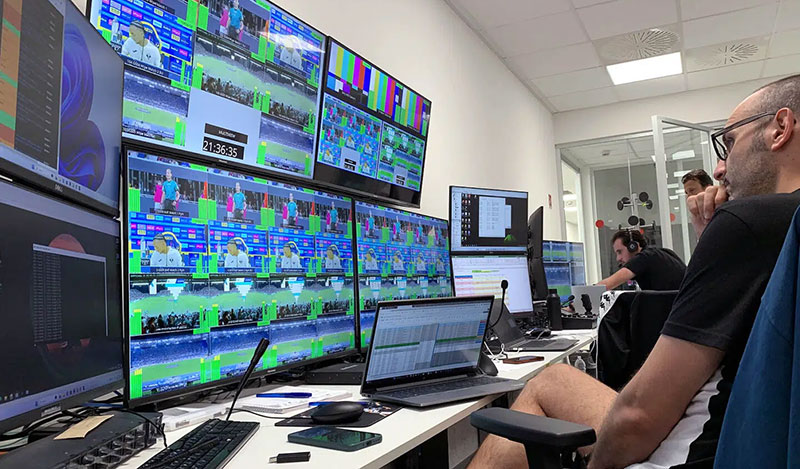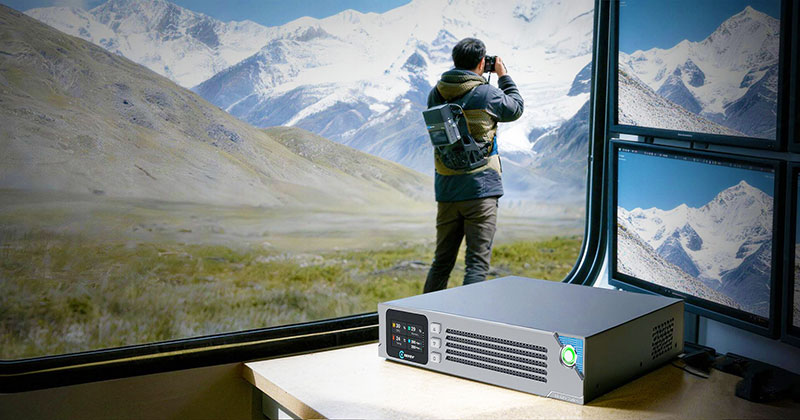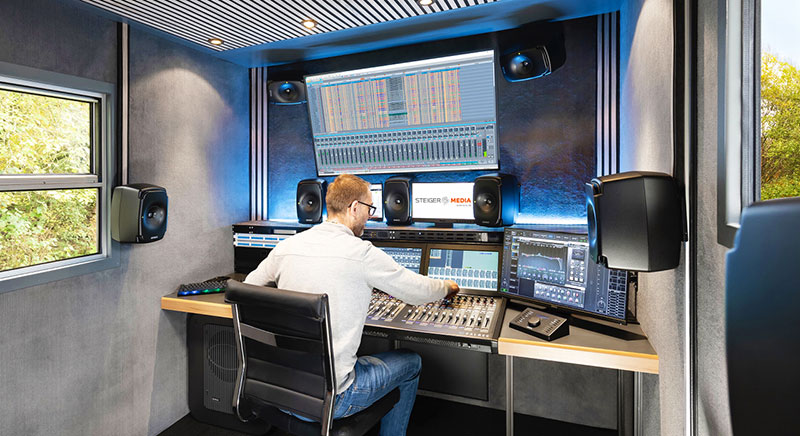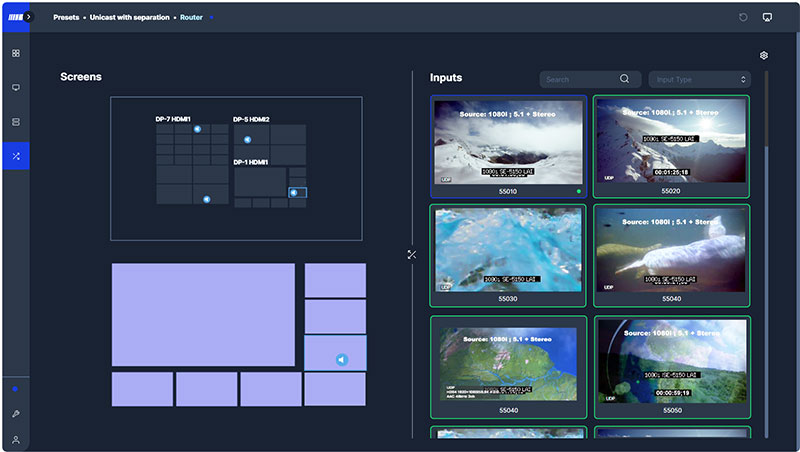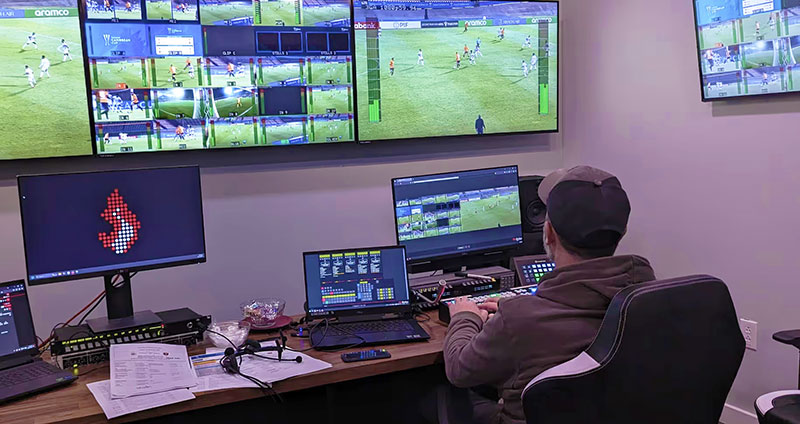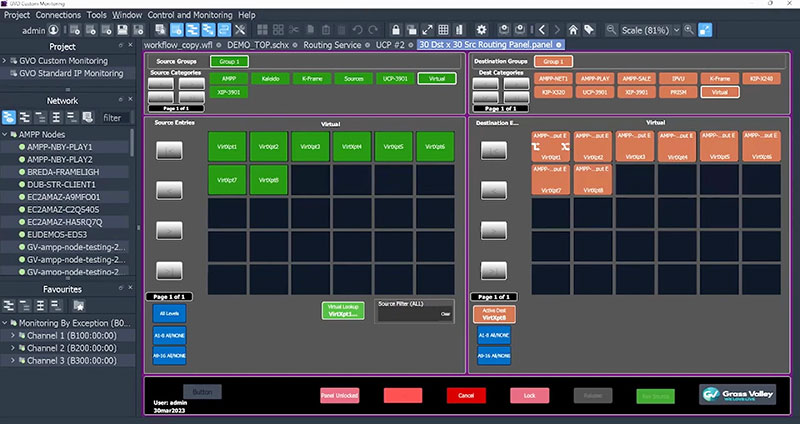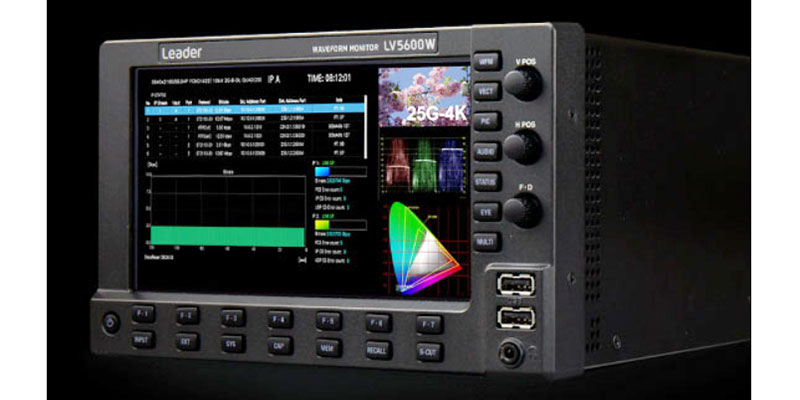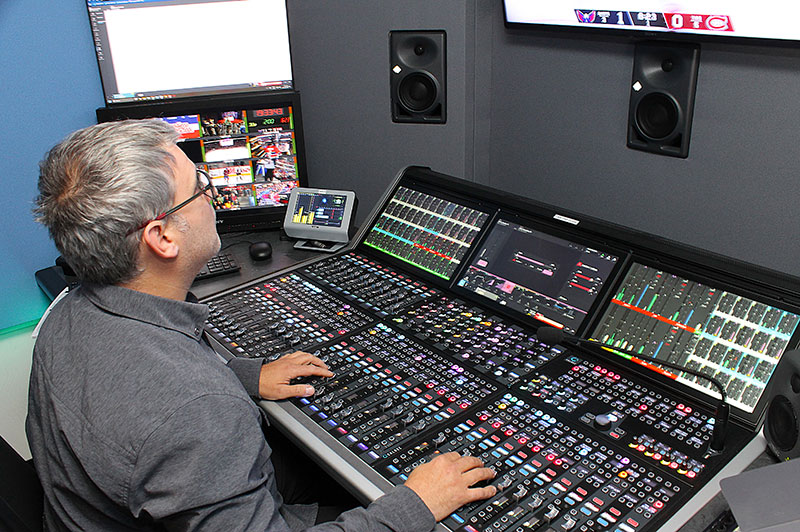At CES 2024, AMD expands its desktop portfolio for content creation and gaming through personal AI processing, introducing Ryzen 8000G Series processors and a dedicated AI NPU.
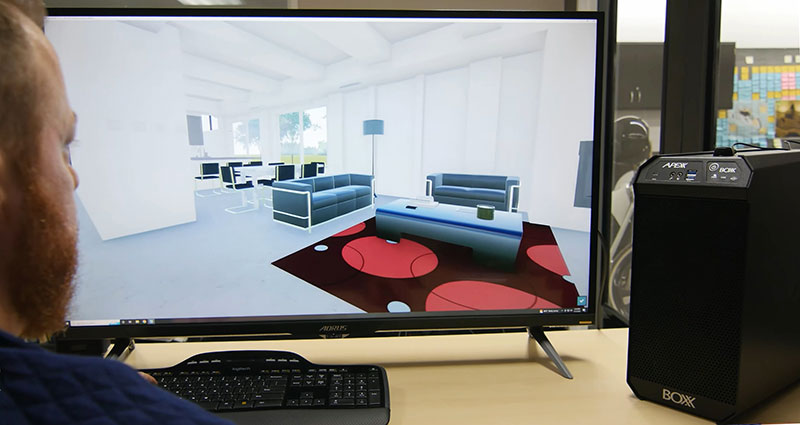
At CES 2024, AMD is expanding its desktop portfolio for content creation and gaming through personal AI processing, introducing the new AMD Ryzen 8000G Series desktop processors, including the Ryzen 7 8700G, with built-in graphics. AMD is also building a dedicated AI neural processing unit (NPU), the Ryzen AI, into desktop PC processors for the first time, aiming to make more AI capabilities available to consumers and improve efficiency.
Building on the long-lived socket AM4, AMD is introducing new Ryzen 5000 processors, including the Ryzen 7 5700X3D, using 3D V-Cache to produce substantial performance increases for gaming. Socket AM4 is the PGA (pin grid array) microprocessor socket developed in 2016 for AMD's CPUs built on the Zen and Excavator microarchitectures. AMD 3D V-Cache is a 3D vertical cache supporting some of the world’s fastest gaming processors – Ryzen 7000X3D processors – as well as high-performing server processors for technical computing.
AMD now develops a broad portfolio of AI processors with dedicated AI engines for the x86 market. Last year at CES 2023, the company introduced a dedicated AI engine in an x86 processor for the mobile market. This year, they are expanding to desktop computing through the Ryzen 8000G Series processors, anticipating a number of AI PC products from OEM and ecosystem partners.
AMD Ryzen 8000G Series Desktop Processors - Graphics and Productivity
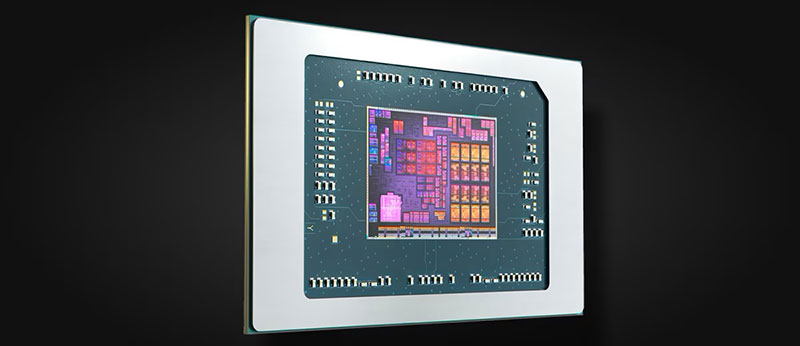
AMD Ryzen 8000G Series is made up of all-in-one desktop processors. The series features up to eight cores and 16 threads, supporting enough power and performance for intensive workloads including both gaming and content creation. Built on top of AMD Zen 4 architecture, these processors are optimised between efficiency with low power draw, and performance with responsiveness, without sacrificing either one. In other words, the 8000G Series processors are energy efficient while still accessing the Zen 4 speed. Zen 4 currently powers Ryzen 7000 desktop processors and is used in various types of mobile processors and EPYC 9004 server processors.
Leading the series is the AMD Ryzen 7 8700G with eight cores, 16 threads, 24MB of Cache and Radeon 780M graphics. The Ryzen 5 8600G has six cores, 12 threads, 22MB of Cache and Radeon 760M graphics. Both include AMD Ryzen AI, including the first NPU on a desktop PC processor. This addition accelerates AI software capabilities in the PC to optimise AI workloads, improve the efficiency of AI processing and initiate new kinds of applications like AI-powered noise cancellation.
All 8000G Series desktop processor models include fast built-in graphics owing to the power of Radeon 700M, resulting in high visual fidelity in small form factors. For example, the Radeon 780M graphics in the Ryzen 7 8700G produces a smooth 1080p experience, with the option to upgrade with a discrete graphics card later for higher fidelity.
The entire 8000G Series also features AMD EXPO – extended profiles for overclocking – enabling higher memory frequencies and advanced timings to generate smoother frame rates. It uses Precision Boost Overdrive (PBO) to simplify overclocking, boosting the CPU and increasing its power limits.
AMD Ryzen 8000G Series desktop processors are expected to be available to DIY customers and systems integration partners starting at the end of January 2024. OEM systems are expected to arrive before mid-2024. AMD OEM partners including ACER, ASUS, Lenovo, HP and Razer are introducing more AMD Ryzen 8040 Series-powered gaming and personal laptops with performance increases and AI-ready capabilities for content creation and general productivity. www.amd.com







